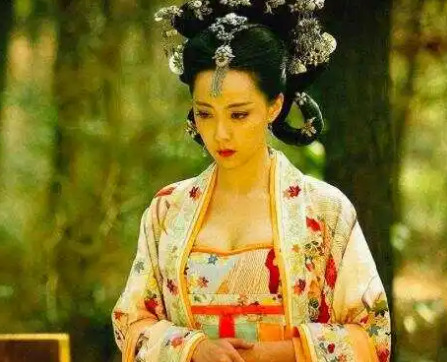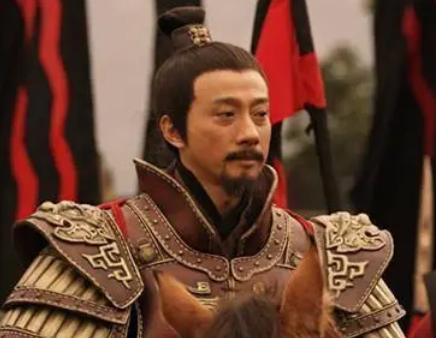In the imperial court of ancient China, the hierarchical system and etiquette norms were important pillars for maintaining imperial power and family order. As the heir to the throne, the prince held a position second only to the emperor, thus enjoying a special status in court etiquette. So, under such a system, does the prince need to bow to concubines?

Firstly, it should be clarified that the prince's status in the royal family was extremely high. In most cases, the prince was regarded as the future emperor, so he usually only bowed to the emperor and the queen in etiquette. As for other concubines, the prince did not need to perform formal bows. However, this did not mean that the prince could completely ignore the concubines. In actual court life, the interactions between the prince and the concubines were often more complex.
In public occasions, the prince might show respect to the concubines, but this was not a formal etiquette, but rather a show of respect for elders or those with higher status. This respect might manifest as a simple bow or nod, rather than a formal kowtow. Additionally, the interactions between the prince and the concubines might also be influenced by the emperor and the queen. If the emperor or the queen required the prince to show special respect to a certain concubine, the prince might follow these instructions.
However, in some special circumstances, the prince might need to bow to a concubine. For instance, if a concubine was granted special honors or powers, such as regentship or guardianship of the prince, the prince might need to show her formal respect. But such situations were rare in history.
Overall, the court etiquette of ancient China stipulated the way in which the prince interacted with concubines. Although the prince usually did not need to bow to concubines, in reality, their interactions might be influenced by various factors. Regardless, the prince's behavior always aimed to maintain imperial power and family order.
Disclaimer: The above content is sourced from the internet and the copyright belongs to the original author. If there is any infringement of your original copyright, please inform us and we will delete the relevant content as soon as possible.































